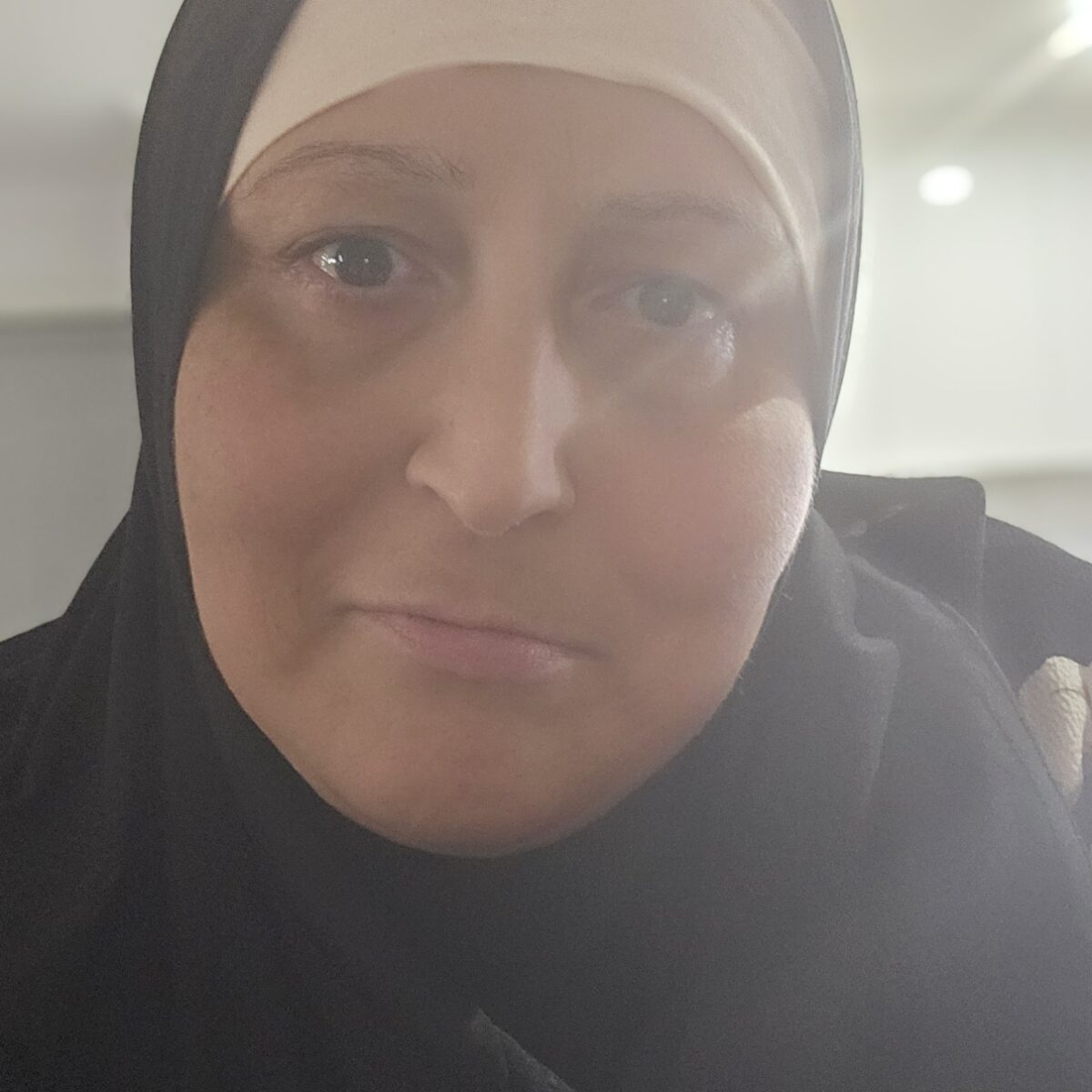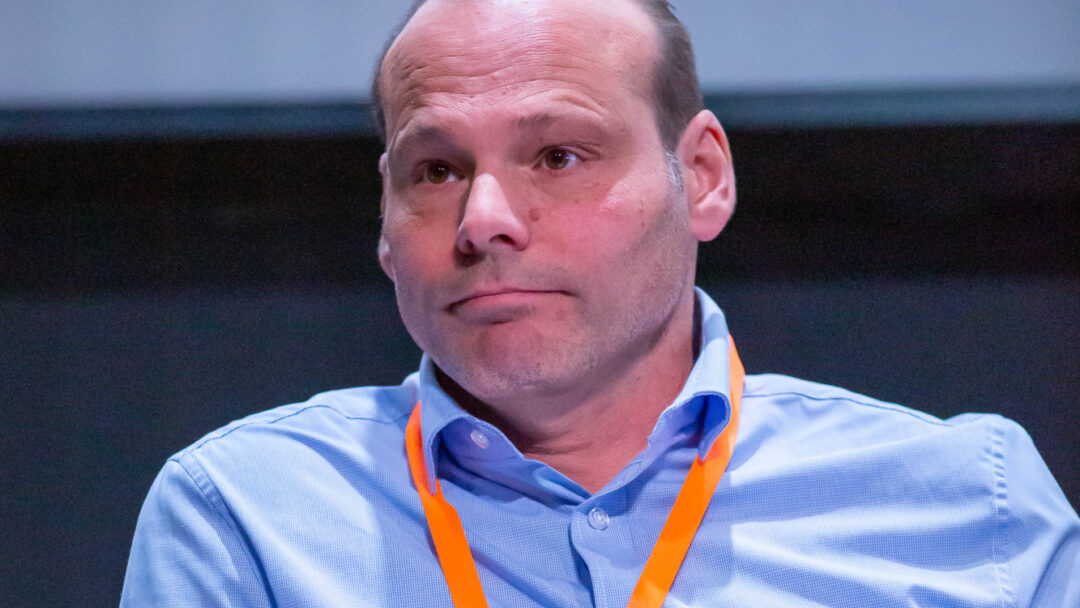News
For many people with disability, families often play a far more extensive role than just relatives. They can also act as informal support workers, friends, confidents, and advocates.
But what happens to adults with disability when their loved ones pass away?
Hala Blaksmaty was living with her parents until they both passed away within six months of each other. Ms Blaksmaty lives with Porphyria, a rare blood disease which blocks the oxygen carrying ability in the blood. She also has an intellectual disability.
She says her mother was her whole world.
My mum was my support. She was helping me shower, dressing, everything
Hala Blaksmaty

Ms Blaksmaty says her father wanted to put the family home in her name so she was taken care of, however, she believed that she would be cared for by her siblings.
“I didn't let him do it because I wanted me and my sisters and my brothers to stay together. I wanted us…to be closer, but that never happened.”
While Ms Blaksmaty applied for both Specialist Disability Accommodation and Supported Independent Living, her application was rejected.
“I’m Homeless. Right now, I'm couch surfing,” she says.
Ms Blaksmaty says she is getting by with the help of friends, and support workers.
“They’ve always been there for me. I feel like my friends and my support workers are more family than my family.”
VALID is an advocacy organisation for adults with intellectual disability based in Victoria.
VALID Self Advocacy Team Leader, Anthony Risoli, says depending on the situation, people with intellectual disability are shown easy read information around topics such as dying and grief, turning to the NDIS for support after their families pass.
When it comes around things like death and dying …It's important…people are constantly being informed about what services are out there to support them when they're in this situation and if they need it.
Anthony Risoli
Mr Risoli explains the resources are developed by and for people with intellectual disability.
“I do understand that sometimes it's very difficult. That's why we produce some information within pictorials to explain certain things. Currently…we are talking to people about what supports they need and future living options,” he explains.
“We talk about things like what emotional support you might need, what equipment and so on. It's an ongoing conversation.”
As for Ms Blaksmaty, she believes there’s no shame in having a family member with disability.
“If you have someone in your family that's got a disability…there's no need for you to be embarrassed of them.”
